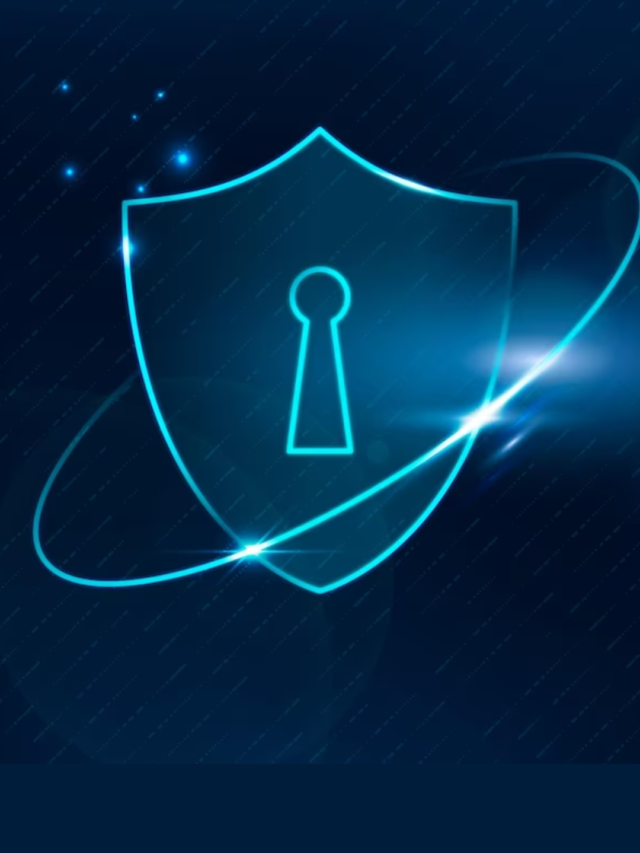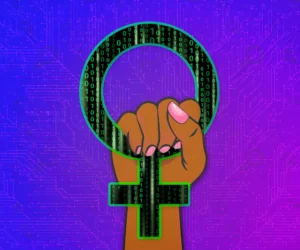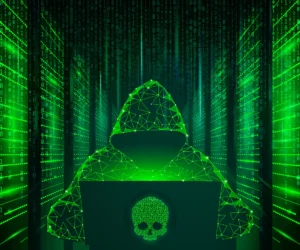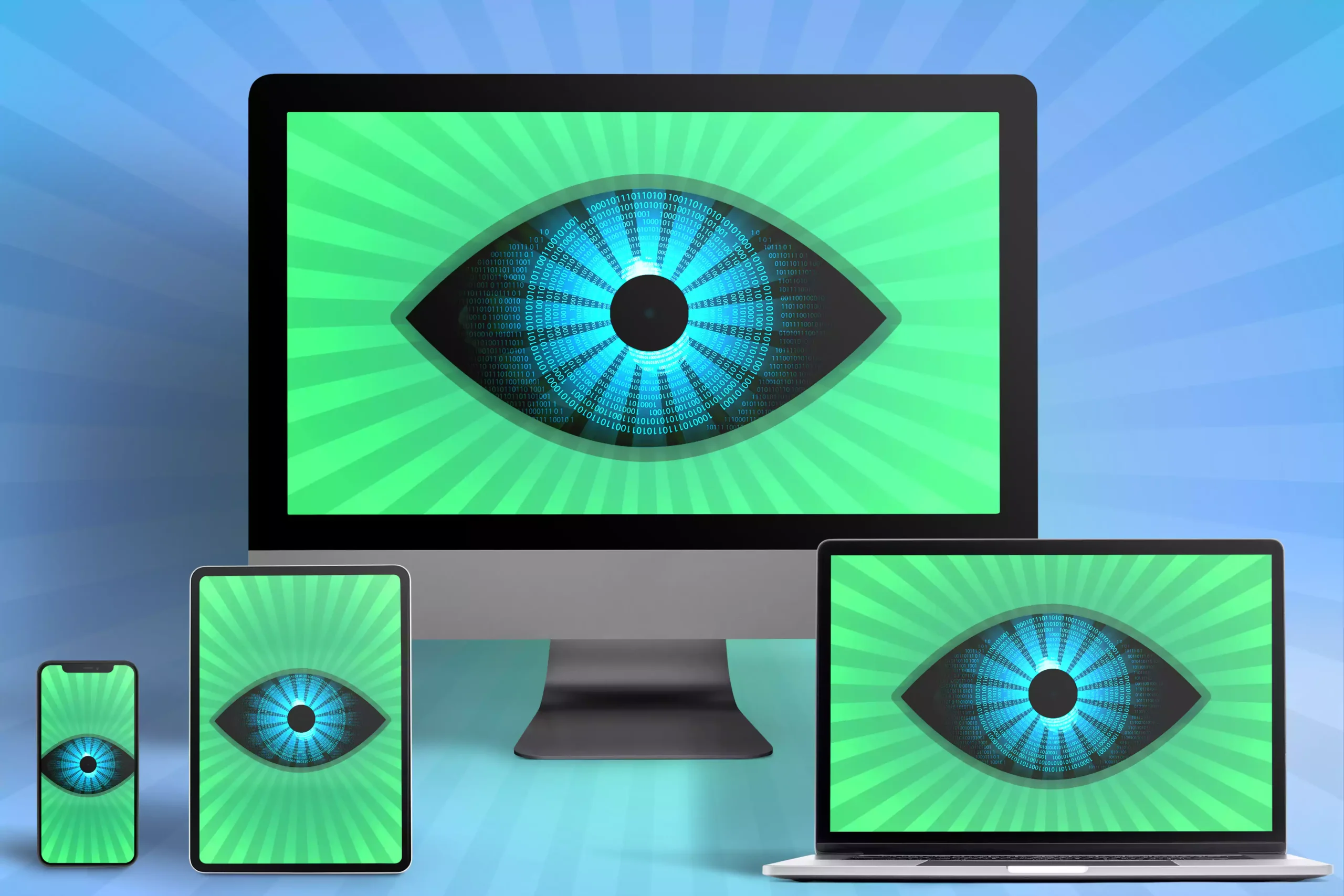
I am not a spy. I have never been one. But I imagine spying on people is far easier now than ever. A century ago, if the government wanted to spy on me, they would have to recruit and train personnel. And even then, it would be near impossible to go undetected, no matter how subtle their wiretapping methods are. Today, we are in a situation where we could be spied upon in exquisite detail without ever knowing it. A massive reason for this is the internet. We willingly give up more information than we know online. Everything we do—every click, cursor movement, and keystroke—is monitored and recorded, making it easier for somebody to find out more about us. Let’s explore the finer aspects of online surveillance closely.
Online surveillance gets squarely noticed: the Snowden Gate
Ever since IT expert Edward Snowden’s whistleblowing revelations in 2013, various discussions about internet privacy have happened in earnest. Known as the biggest intelligence leak in the history of the US’s National Security Agency, this was the moment we became aware of the ability and willingness of governments worldwide to spy on civilians using the internet and smart devices. The level of detail that one can attain through this is shocking. Everything is under surveillance, from where we go to what we eat, purchase, and visit, things that we say and are interested in, and our politics.
The slow-but-deadly curve of online surveillance
A Netflix documentary, The Social Dilemma (2020), features numerous prominent figures in the tech industry raising serious concerns about online surveillance and the data collected by social media giants.
Data is first collected based on what I view online, how long I look at it, what I like and share, and so on. Then, they build a virtual model of me. The aim of the game is to create as accurate a model of me as possible. The more precise it is, the more accurately it can predict what I might buy or do next. Various platforms use that data for advertising products that might be more relevant to me.
I am okay with that (if I ignore the fact that my attention is now a product sold to advertisers).
The algorithm uses this data to recommend what else I would like to watch and experience online.
Great, that helps me.
However, given that these recommendations are an outcome of machine learning, there is no way to assure that all the recommended content is factually accurate. So, if I watch a video about something that is not true, like the earth being flat, I will get more and more recommendations about it. Over time, there is the possibility that I will have less trouble believing it. Furthermore, I will receive recommendations about things that other viewers who liked what I watched also liked. Suddenly, I might believe in a whole system of untrue things.
That’s definitely not something I’m okay with!
But it does not end there. The collected data is also used to predict and influence my behaviour. For example, suppose I constantly hear news about how puppies harm the environment. In that case, I might develop an absolute rage towards puppies. That sounds silly, so why don’t we use a more realistic example?
Imagine that I am a teenage boy already dealing with plenty of confusion. Exposure to a barrage of videos on how women are ‘disrupting’ the ‘natural order’ might cause me to develop a rage against women. This, in turn, might influence my actions towards women. All this because a Facebook algorithm thought I might like the next video.
No, thanks.
There are genuine repercussions of this virtual game.
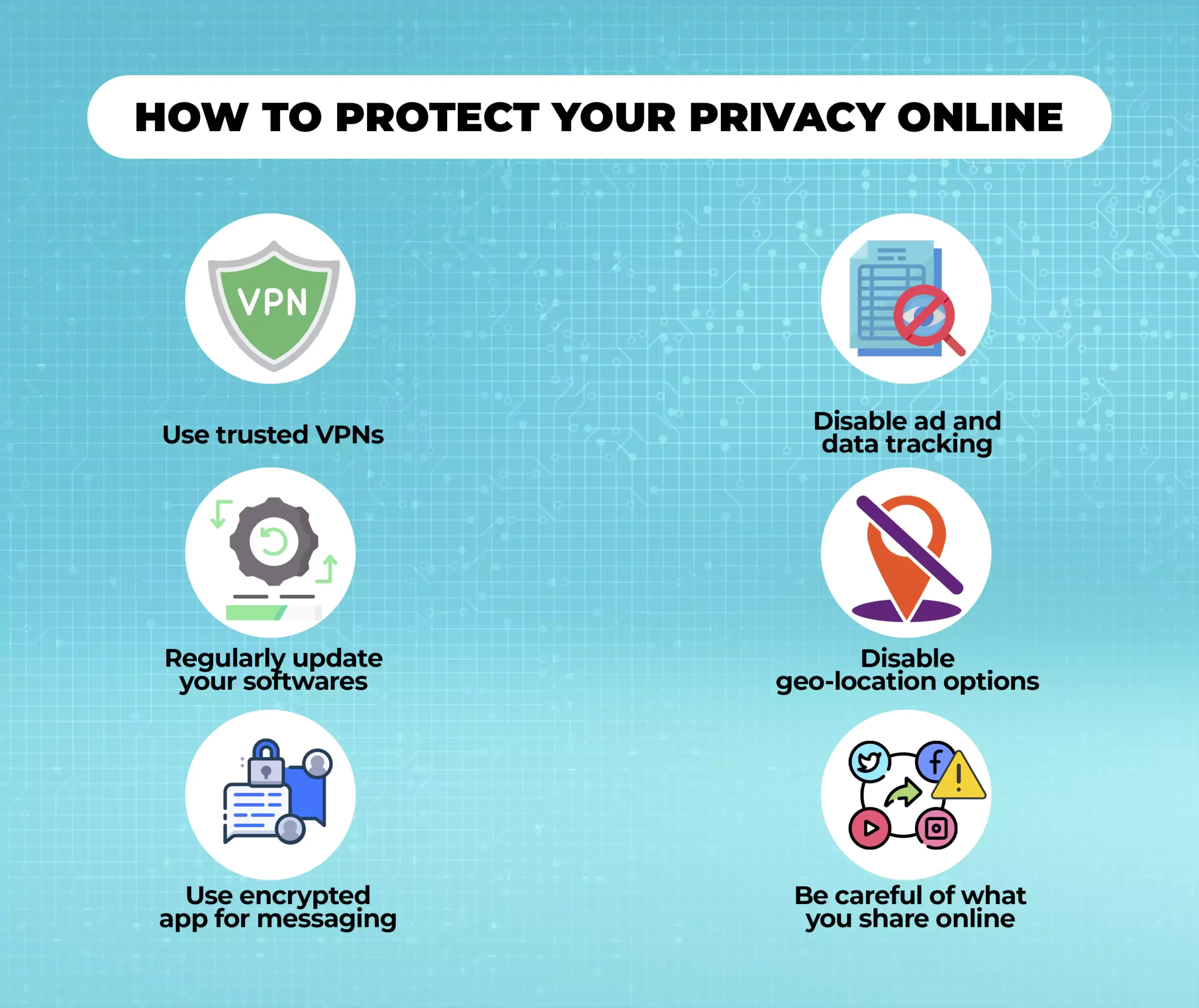
SkyNet, the original flagbearer of online surveillance
China developed a mass surveillance system of cameras in 2005 called SkyNet. However, the government only acknowledged this in 2013. At that point, it already had 20 million cameras across the country. By 2019, the number went up to 200 million. The government claimed they installed the system to track and find criminals and suspicious activities in seconds.
Since China took this step, other countries also started possessing and using this technology, primarily “against terrorists”. However, there is nothing to stop those in power from changing the definitions of “terrorism” when they see fit, just as many authoritarian leaders often do. As a result, authorities can watch people and flag them for specific behaviours, such as growing a beard or visiting a mosque. They can even trace regular citizens, interrogate and ‘deal’ with them, whatever that entails.
Interestingly, SkyNet is only one of many such programs in China.
Why privacy matters
The most basic and common argument in defence of surveillance is that “if you have nothing to hide, you have nothing to fear.” This argument is fundamentally flawed because we might not all plot terror attacks. Still, there may be things that we would rather keep to ourselves and not have others know. Shame is a massive aspect of our lives; what we might think is worthy of hiding is not the same as what somebody else might assume about our hiding. We all have boundaries—spaces within which we do not want the whole world traipsing. It’s the same reason we lock our doors—physical, mental, or virtual.
You see, at the end of the day, we are all weird and we must be allowed to be weird without worrying about whether or not somebody else is watching us. We behave differently when we know that someone is watching us. We make choices and take actions that we believe would be socially acceptable—not necessarily what we want to choose or do. So we need that space where we are on our own and free to be ourselves without anybody watching.
Privacy is integral to freedom.
What you can do
To reduce the quantity of information others can access about you, you could use a Virtual Private Network (VPN), encrypted chat and email services, install the HTTPS Everywhere browser extension, and many other such nifty digital tools. Still, more than anything else, it boils down to being careful about what you do and experience online. Of course, you must be aware that not everything online is true, well-intentioned, and beneficial. And indeed, not everything you do online is a secret. And, while you are at it, you could even try not to descend into perpetual paranoia and mistrust. Good luck with that.
On a serious note, we need to discuss online surveillance. We tend to think in binaries—that there are good people and bad people. And since we like to keep ourselves on the good side, it is okay for others to watch our every move because we are not doing anything wrong. However, there’s no denying that the world is more complex than that. Online surveillance not only influences our behaviour of the past but also our behaviour of the future. That’s why we need to wake up and take notice of these uninvited eyes in the sky. Advocating for the privacy of ordinary people should become a far more robust and sincere campaign.
